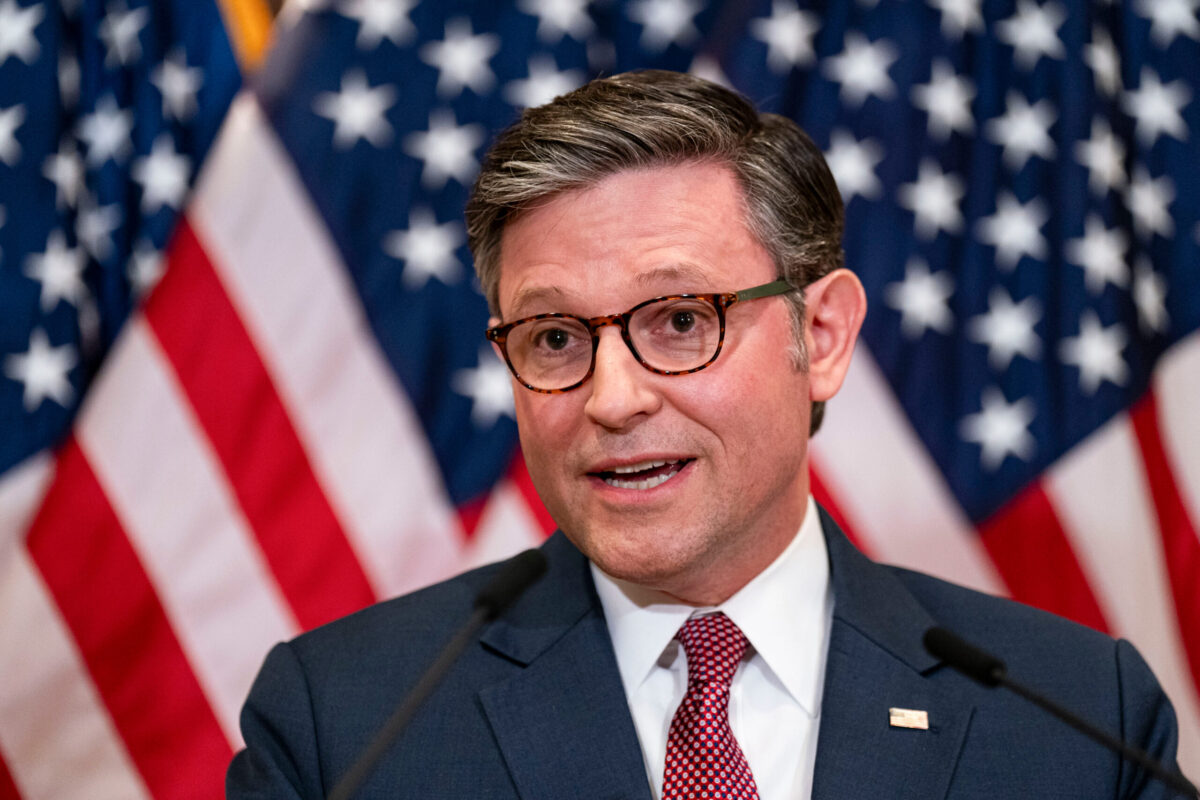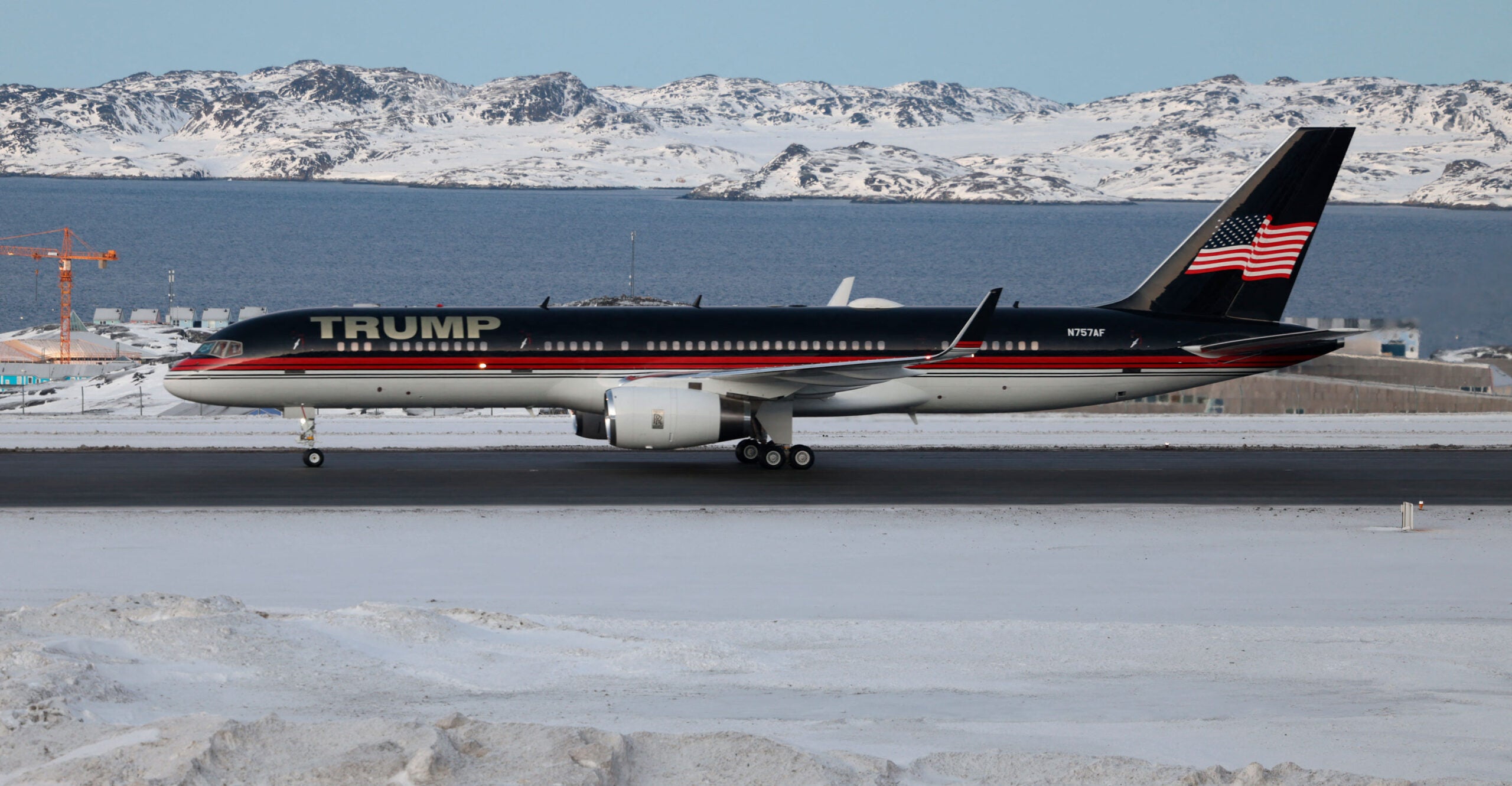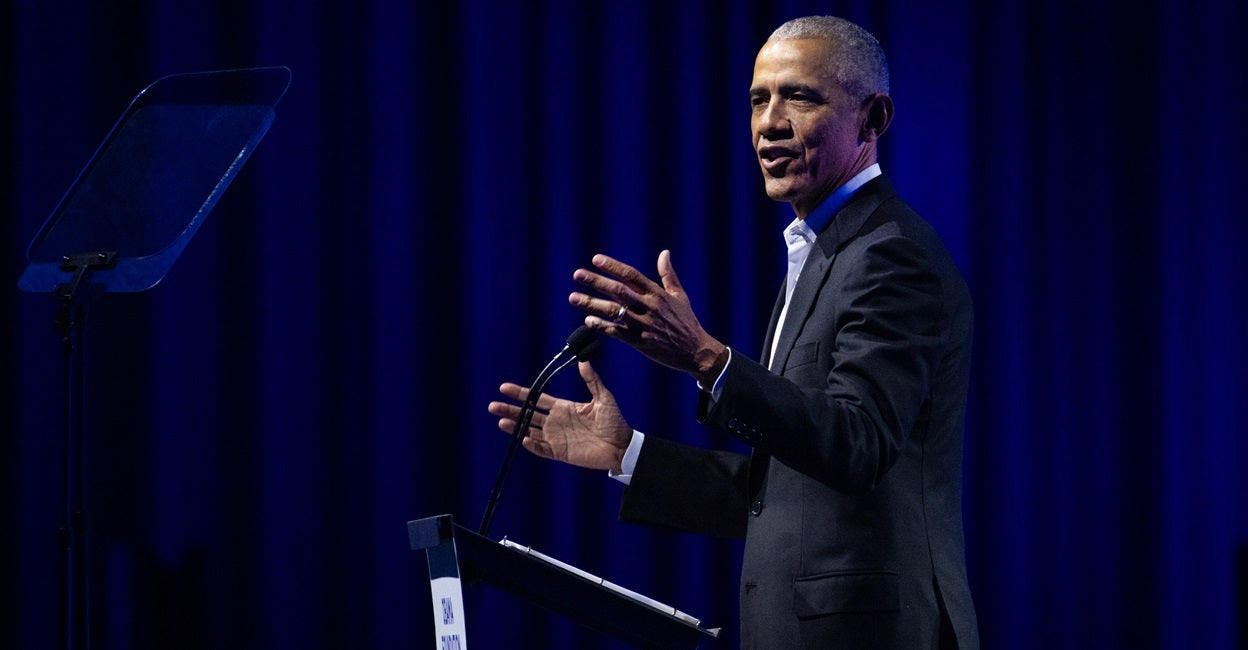‘2-state solution’? Here’s a safer design for peace
'I suggest that the Abraham Accords is a re-imagination of shared space'


As a frequent organizer of tour groups to Israel, Jordan, Egypt and the Mediterranean world, I once enthusiastically supported the so-called “two-state solution,” the hope of fostering peace through creating side-by-side Jewish and Palestinian states, a sharing of those territories known as the Holy Land.
Long ago I gave up on that delusion of what I will call “Shared Space,” the fantasy of making safe a dangerous intersection of cultures, one road refusing to yield to the other, the charters of their organizations opening calling for the elimination the other, “From the river to the sea.”
How the two-state solution could yet be embraced by the Biden/Harris administration, and touted as the only avenue to peace in the region, is beyond my comprehension.
If, for me, any remnant of hope for the viability of the two-state solution lingered, it was annihilated by the rape, killing, burning and taking innocent hostages, including U.S. citizens, on Oct. 7, 2023, the anniversary of which Israel and the world marked on Monday.
The two-state solution necessarily creates a hazardous intersection in the Middle East, a place where accidents, injuries and death frequently occur. The best that could be hoped for is that all parties would agree to obey the proliferation of signs and rules so that each – Israel and the newly formed Palestinian state – stay in their own lane.
I suggest a safer design for the treacherous intersection created by the two-state solution, a geopolitical circle inspired by those poets of the pavement who created roundabouts, a concept of shared space that has proven effective in reducing road rage.
The Trump administration, with the Abraham Accords, the fourth anniversary of which was marked last month, effectively created a roundabout for Israel and surrounding Arab states.
Before we delve into the Abraham Accords and the possibility of revitalizing its early successes should Donald Trump win the presidency next month, let’s think about the roundabouts you may travel through. While at first they may seem frightening to drivers accustomed to the usual intersection of busy roads, roundabouts are actually far safer.
“Roads Gone Wild” is the title of an article by Tom McNichol in the December 2004 issue of Wired, an interview with Hans Monderman, a roundabout-happy urban designer described as a “Poet of the Pavement.”
Monderman describes city planners as having traditionally faced dangerous meeting places of highways by asking, “What new laws might we establish, new signs to alert motorists to dangers?” Monderman’s solution? “Build the intersection right, and you won’t need signs or even lane markings. The public will figure it out.”
In other words, using common sense, so that the only sign one needs is summed up in a single word, “Think!”
It’s easy and it’s safe. Every vehicle approaching a roundabout merges right. Approaching an intersection wanting to turn left? Turning left in busy traffic can be frightening. Roundabouts eliminate that fear, funneling all vehicles to the right and circling to their desired exit.
Monderman lists the many advantages of roundabouts, among them: 1) reducing speeds without coming to a full stop, thus saving energy by reducing engine idling and revving; 2) reducing risk of serious injury by minimizing T-bone and head-on crashes at squared intersections.
I suggest that the Abraham Accords is a re-imagination of shared space that, in roundabout fashion, is designed to create a safer environment for all regional entities.
A few weeks ago, on Sept. 15, The Jerusalem Post published an excellent commentary on the occasion of the Abraham Accord’s fourth anniversary by Harry Richer, a foreign policy analyst and senior aide to a member of the U.K. Parliament.
Richer holds forth the hope that, “with the right vision and leadership, the next phase of normalization between Israel and the Muslim world may be even closer than we think.”
Bearing the features of a roundabout, the Abraham Accords marked an historic step in Middle Eastern diplomacy, normalizing relations between Israel and several key Arab states, among them the UAE, Bahrain, Morocco and Sudan, turning the dangerous intersection of the two-state solution madness into a truly shared space.
Richer points out how Sudan, a signer of the Abraham Accords, is Israel’s former sworn enemy. The Khartoum Resolution of Sept. 1, 1967 (which defined Arab foreign policy towards Israel for generations), was a series of emphatic “No’s!” for Arab League member states – “No peace with Israel! No negotiation with Israel! No recognition of Israel!” thus becoming known as “The Three No’s.”
The Abraham Accords created a roundabout where those signs declaring “No!” became “Yes, you may travel in this direction, and be safe.”
Here’s an image of Benjamin Netanyahu, then-U.S. President Donald Trump, Bahrain’s Foreign Minister Abdullatif Al Zayani and UAE Foreign Minister Abdullah bin Zayed at the signing ceremony for the Abraham Accords.

In Richer’s Jerusalem Post commentary, he writes of the possibility of renewed peace in the region: “The return of Donald Trump to the White House in November might very well hasten the process. The Trump administration had previously been committed to expanding the Abraham Accords to as many countries as possible, with the help of both military and financial incentives from his administration. A United States government led by Trump may therefore see states like Pakistan and even Indonesia, the world’s most populous Muslim nation, encouraged with the help of diplomatic benefits or economic inducements.”
Think of the Abraham Accords as a roundabout, funneling all nations – Jewish and Muslim – into a much safer environment of shared space. If Monderman is an imaginative “Poet of the Pavement,” the Abraham Accords represent a re-imagining of possibility in the Middle East.
As Richer concludes, “history has often surprised us with what has been possible. The potential to redraw the geopolitical map of the 21st century is greater today than at any previous point in time. With the right vision and leadership, the next phase of normalization between Israel and the Muslim world may be even closer than we think.”
The Abraham Accords, like roundabouts, require that all parties recognize the other’s right to shared space. Palestinian recognition of Israel’s right to exist is paramount to their participation in a Middle East roundabout that other Arab nations are increasingly eager to join, for the good of all.
What's Your Reaction?

































































































